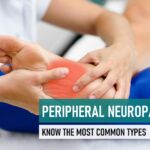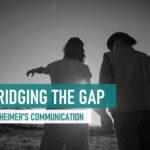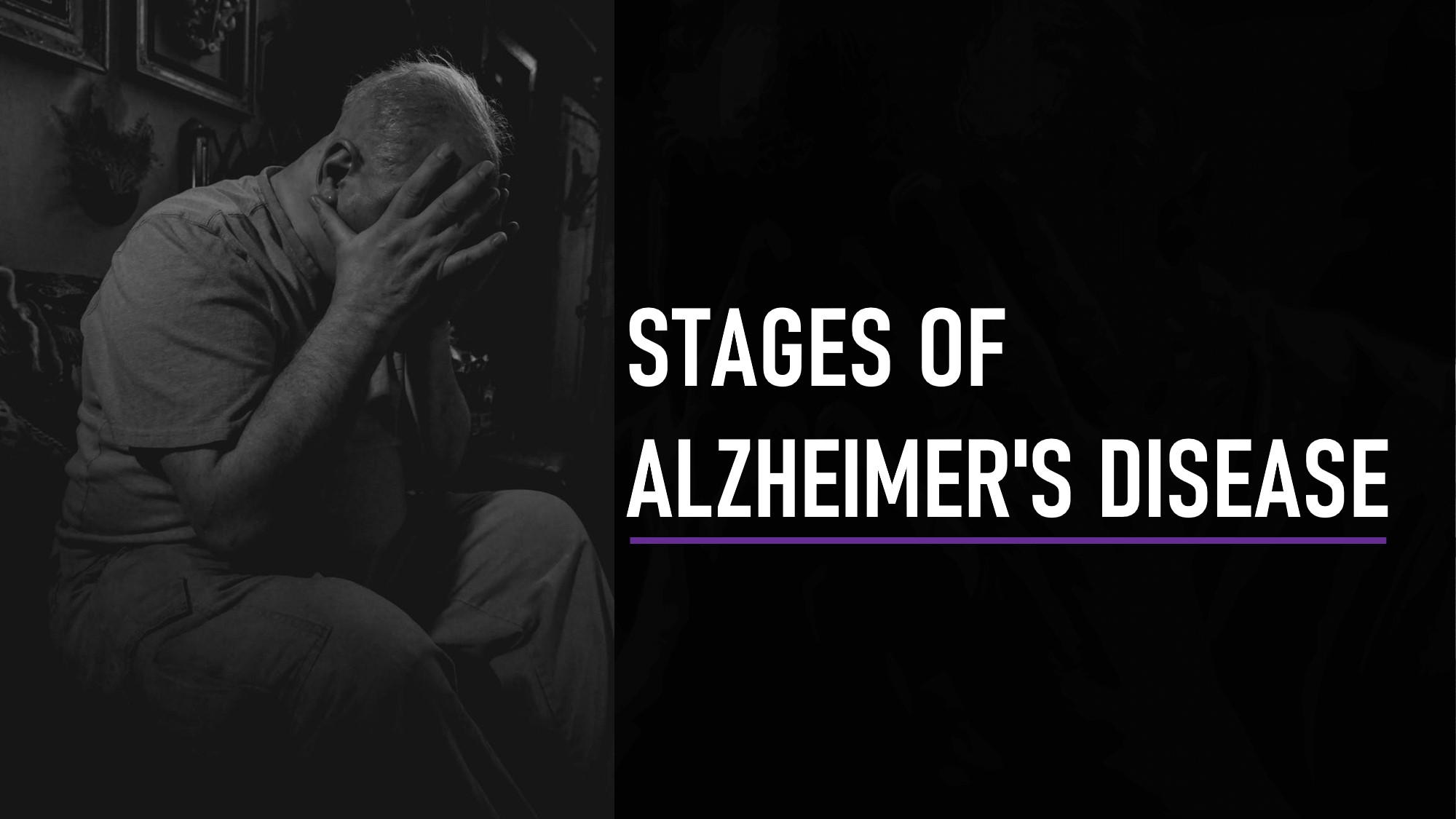Alzheimer’s disease is the most common form of dementia, which is a term to describe the loss of cognitive functioning.
Alzheimer’s disease tends to develop slowly and gradually worsens over several years. Over the time it can lead to an inability to carry out daily activities such as having conversations, getting dressed, etc. There is no cure for Alzheimer’s but treatment and medications can help ease the symptoms.
The 7 stages of Alzheimer’s disease can help you understand what might happen. Remember the stages don’t fall into neat boxes as each person has a different experience with Alzheimer’s and its symptoms. Neurologists call these different stages the progression of the disease. But this information can be a guide and help you plan for your friend or relative’s care.
Stage 1: Before Symptoms Appear
Often called ‘pre-clinical Alzheimer’s disease’ – likely begins 10 or 15 years before people have noticeable symptoms. Only a PET scan, an imaging test that shows how the brain is working, can reveal whether they have Alzheimer’s.
Stage 2: Basic Forgetfulness
Very early stages of Alzheimer’s can look like normal age-related forgetfulness. This could include forgetting words or misplacing objects.
But still these symptoms don’t interfere with their ability to work or live independently. However, if these memory lapses become more frequent, you know it may be time to take them for treatment sooner to slow down the progression.
Stage 3: Noticeable Memory Difficulties
It is at this point you start noticing changes in your loved one’s thinking and reasoning, such as:
- Forget something that they just read
- Ask the same questions over and over
- Trouble making plans or organizing
- Can’t remember names
This stage may bring about more anxiety, and some people may even deny that anything is wrong.
Stage 4: More Than Memory Loss/Moderate Decline
In this stage – which can last for many years – your loved one will experience major difficulties with memory. Some still can remember significant details like whom they are married or which state do they live.
See Also: How to prevent Alzheimer disease, the memory loss disease?
Other challenges in this stage include:
- Forget details about themselves
- Increased risk of getting lost
- Struggle to use the telephone
- Not understand what is said to them
- Struggle to do tasks with multiple steps like cleaning the house
Stage 5: Decreased Independence/Moderately Severe Decline
In this stage, your loved one will likely have trouble remembering people that are important to them, such as close family and friends. They might trouble remembering address, phone number or what kind of clothes to wear for the day or season.
If they keep asking same questions again and again, answer them with even more reassuring voice. They might be asking question more likely to just know you’re there.
Stage 6: Severe Decline
They may be experiencing more significant symptoms in this stage. They forget names and might mistake a person for someone else. Significant personality changes may continue to occur, including increased anxiety, hallucinations, delusions and paranoia.
They may struggle to:
- Getting dressed
- Feed themselves
- Swallow
- Sleep
Stage 7: Lack of Physical Control/Very Severe Decline
As you know Alzheimer’s destroys brain cells, and eventually, this can cause severe mental and physical impairment. Your loved one’s body may begin to shut down.
In this stage, people with Alzheimer’s disease need a lot of help from caregivers. They may need all-time help with walking, sitting and even eating. Also because of the reduced mobility, their body becomes vulnerable to infections such as pneumonia.
You know the stages of Alzheimer’s Disease – Now what?
With this knowledge, you can communicate more easily with your loved ones, their physicians and ensure they’re getting the treatment they need.
You’ll also be able to prepare for what comes next by getting medical supplies, such as a wheelchair, learning about ways to cope with symptoms or preparing for extra assistance, such as an assisted living facility.







